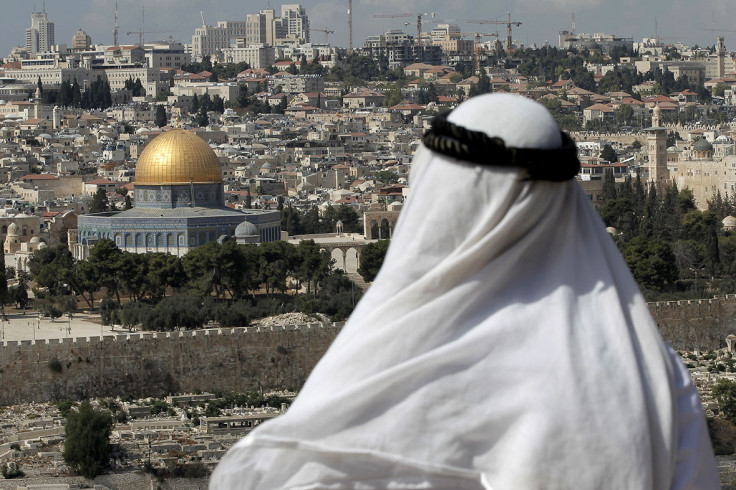Israel approves 2,500 Palestinian homes in East Jerusalem

Israel has approved an unprecedented building of thousands of homes in East Jerusalem in the face of massive opposition from right-wing groups.
A total of 2,200 new homes were approved by Jerusalem Municipality in Arab Al-Sawahra, a district of Jabel Mukaber, one of Jerusalem's poorest neighbourhoods.
It is the largest construction project for Palestinian families in Jerusalem since 1967, Ha'aretz reported, and was vociferously opposed by right wing politicians and nationalist groups.
As well as the 2,200 new homes, 300 were also given retro-active consent, having been built without permission.
A statement from the office of Mayor Nir Barkat claimed that the approval was part of a wider plan to improve Arab neighbourhoods in Jerusalem which, it said, "have grown and developed in the last several decades with no master plan or outline".
"The lack of planning led to a widespread phenomenon of illegal building which is estimated to include 20,000 buildings to date," it said.
The architect of the project, Senan Abdelkader told Ha'aretz that opposition to the project had stalled development by more than four years.
"I had doubts about accepting this project. I didn't want to become a pawn for politicians, but the residents gave me a mandate. The public understood that it could act collectively in order to improve its situation," he said.
While the approval has been granted, each individual family will now have to seek building permits in a process that could take several years.
"Older Jabel Mukaber residents came, and it was very moving to see the hope in the eyes of these people knowing that they would finally be allowed to build homes for their children," said Aviv Tatarsky, a researcher at the pro-Palestinian NGO Ir Amim.
"The housing shortage in east Jerusalem is enormous, and this is the first time that a plan of this extent has been approved for a Palestinian neighborhood," held told the Jerusalem Post.
The news comes just days after Israel's Housing Ministry was ordered to freeze construction of 1,500 homes in a Jewish neighbourhood, Har Homa, beyond the Green Line in Palestinian East Jerusalem.
Hugh Lovatt, an analyst at the European Council on Foreign Relations, said that the decision was part of an attempt by newly-elected Prime Minister Benjamin Netanyahu to make amends for his comments during his election campaign, when he ruled out a two state solution for ending the Israel-Palestine conflict and warned that Arabs were voting in droves.
He added that the fact Netanyahu has not yet formed a government meant that he could get away with concessions to Palestinians, something that will not be possible once - as expected - he invites pro-settlement parties and politicians into his government.
"But today's decision was only made possible because we do not yet have a new Israeli government, so are in a bit of a limbo period which allows Netanyahu to get away with this at home," Lovatt said.
"If a narrow right-wing coalition is formed under Netanyahu, the pro-setter voices that are anticipated to dominate it will make gestures like today a one-off occurrence. Today will also be a way of sweetening the pill when Israel announces new settlement units."
© Copyright IBTimes 2024. All rights reserved.























